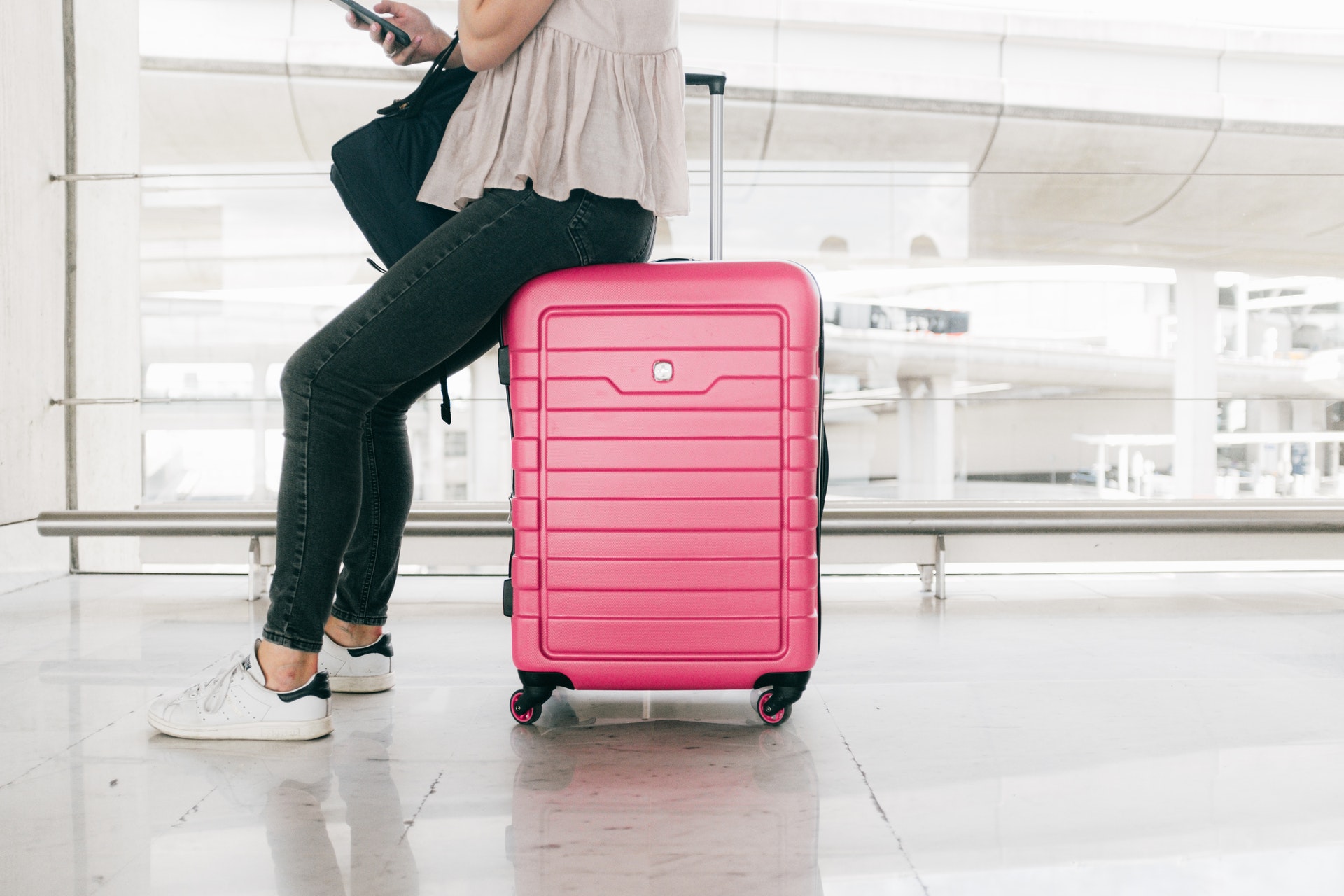Traveling abroad is a beautiful experience that allows you to explore new cultures, meet different people, and create unforgettable memories. However, the financial aspect of traveling abroad can be limiting if not managed properly. Creating a travel budget is essential to ensure that you enjoy your trip without the stress of overspending. This guide will walk you through the steps to create a travel budget and provide tips on how to stick to it.
Read Also: How to Travel to the UK on a Budget Without Sacrificing the Experience
Tips to Create a Travel Budget
Below are some of the tips to create a travel budget and stick to it:
1. Research Your Destination
The first step in creating a travel budget is to thoroughly research your destination. This includes understanding the cost of living, local transportation, accommodation options, food prices, and attractions. Websites like Numbeo and Expatistan provide cost-of-living comparisons that can give you a good idea of what to expect. Additionally, travel blogs, forums, and guidebooks can offer insights into typical costs in your chosen destination.
2. Determine Your Total Budget
Before diving into the specifics, determine your total budget for the trip. This includes how much you can afford to spend without affecting your financial stability. Consider your savings, income, and any additional funds you might have set aside for travel. Be realistic about your financial situation and avoid the temptation to stretch your budget too thin.
3. Break Down Your Expenses
Once you have an overall budget in mind, break it down into specific categories. The main categories typically include:
- Flights/Transportation: This includes airfare, train tickets, car rentals, and local transportation.
- Accommodation: Costs for hotels, hostels, Airbnb, or other lodging options.
- Food and Drink: Daily expenses for meals, snacks, and beverages.
- Activities and Entertainment: Entrance fees for attractions, tours, and recreational activities.
- Miscellaneous Expenses: Souvenirs, tips, and emergency funds.
4. Allocate Funds to Each Category
Allocate a portion of your total budget to each category. This can be done by researching the average costs for each category at your destination. For instance, if you know that daily meals cost around $30 and you’re planning a 10-day trip, you’ll allocate $300 for food and drink. It is important to be realistic and perhaps a bit conservative in your estimates to account for unexpected expenses.
5. Track Your Spending
Use a travel budgeting app or a simple spreadsheet to track your expenses. Recording every expense as you go helps you stay aware of your spending and ensures you’re sticking to your budget. Apps like Trail Wallet, TravelSpend, or even general budgeting apps like Mint can be incredibly useful for this purpose.
6. Plan for Major Expenses in Advance
For significant expenses like flights and accommodation, planning can help you find the best deals. Use flight comparison websites like Skyscanner, Google Flights, or Kayak to monitor prices and set alerts for fare drops. Booking accommodations early can also save you money, especially if you’re traveling during peak season.
7. Look for Ways to Save
There are many ways to save money while traveling without compromising your experience. Here are a few tips:
- Travel Off-Peak: Traveling during the off-peak season can significantly reduce costs for flights and accommodation.
- Use Public Transportation: Instead of taxis or rideshares, use local public transportation to get around.
- Cook Your Own Meals: If your accommodation has a kitchen, consider cooking some of your meals to save on dining costs.
- Seek Free Activities: Many destinations offer free attractions, walking tours, and events. Research these options to enjoy experiences without the price tag.
8. Set Daily Spending Limits
Setting a daily spending limit can help you manage your budget more effectively. Based on your overall budget and the duration of your trip, calculate a daily allowance for variable expenses like food, transportation, and activities. Try to stick to this limit as closely as possible to avoid overspending.
9. Build in a Contingency Fund
Always allocate a portion of your budget for unexpected expenses. This contingency fund can cover emergencies, unplanned activities, or price increases. A good rule of thumb is to set aside around 10% of your total budget for unforeseen costs.
10. Monitor Your Budget Regularly
Regularly review your budget and expenses to ensure you’re on track. If you find that you’re spending more in one category than anticipated, adjust your spending in other areas to compensate. Flexibility is key to managing your travel budget effectively.
11. Use Cash Wisely
Using cash can help you stick to your budget by making your spending more tangible. Withdraw a set amount of cash for your daily expenses and avoid using credit cards unless necessary. This can prevent overspending and help you stay within your limits.
12. Avoid Impulse Purchases
Impulse purchases can quickly derail your budget. Before buying souvenirs, additional meals, or extra activities, consider whether they fit within your budget and if they’re truly necessary. Sometimes, taking a moment to think can help you avoid unnecessary expenses.
13. Stay Disciplined
Sticking to a travel budget requires discipline and commitment. Remind yourself of your financial goals and the importance of staying within your budget. Enjoying your trip without financial stress will ultimately enhance your travel experience.
14. Post-Trip Review
After your trip, review your spending to see how well you adhered to your budget. Analyze any deviations and learn from the experience to improve your budgeting for future trips. This reflection can provide valuable insights and help you better manage travel finances.
Conclusion
Creating and adhering to a travel budget is essential for a successful and enjoyable trip. By researching your destination, breaking down expenses, tracking spending, and remaining disciplined, you can make the most of your travel experience without financial stress. Remember, the key to a great trip is not just about where you go, but also how you manage your finances along the way. Safe travels!
